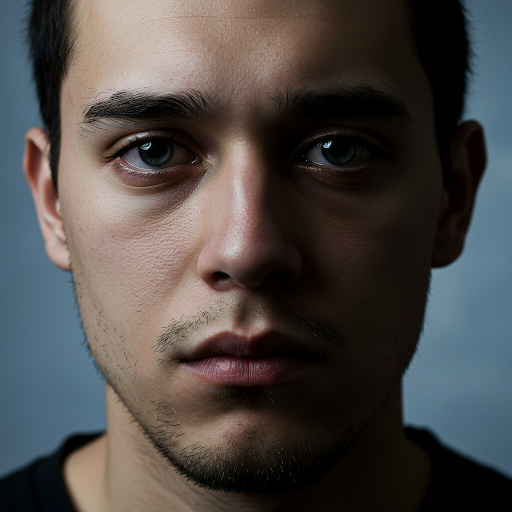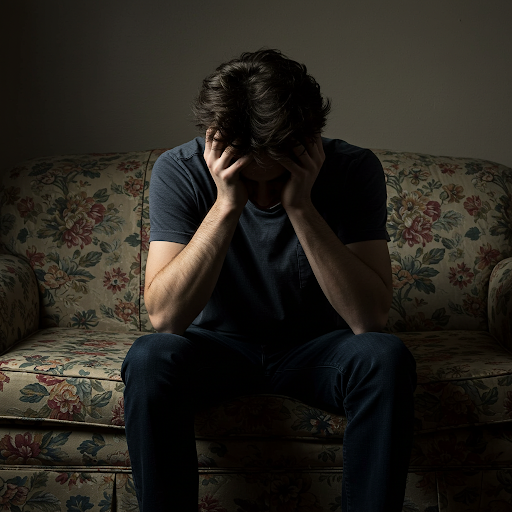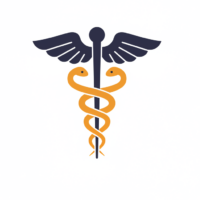
Finding Relief: A Guide to Depression Medications and Mental Health Resources in Chicago IL
Depression is one of the most common and serious mental health conditions, affecting how you feel, think, and function daily. While therapy and lifestyle changes can help, many people benefit significantly from the right medication.
If you’re living in Chicago, IL and struggling with depression, this guide covers the most common medications and where to find trusted care and support.

What Is Depression?
Depression is more than just feeling sad. It can cause persistent feelings of hopelessness, loss of interest, fatigue, changes in sleep and appetite, and even thoughts of self-harm.
Major depressive disorder (MDD) is typically diagnosed when symptoms last for at least two weeks and interfere with daily life.


Types of Depression Medications
Medications for depression—known as antidepressants—help correct chemical imbalances in the brain. Here are the most commonly prescribed classes:
| SSRIs (Selective Serotonin Reuptake Inhibitors) | These help your body remoMost commonly prescribed. Increase serotonin levels in the brain. Examples: Fluoxetine (Prozac), Sertraline (Zoloft), Escitalopram (Lexapro). Often well-tolerated, with fewer side effects. |
| SNRIs (Serotonin-Norepinephrine Reuptake Inhibitors) | Affect both serotonin and norepinephrine. Examples: Venlafaxine (Effexor), Duloxetine (Cymbalta). Can help with fatigue and chronic pain as well. |
| Atypical Antidepressants | Examples: Bupropion (Wellbutrin) – often used when fatigue and low motivation are major symptoms. Fewer sexual side effects, can also aid smoking cessation. |
| Tricyclic Antidepressants (TCAs) & MAOIs | These prevent calcium from entering heart and artery cells, relaxing Older classes, typically used if other medications don’t work. More side effects; require careful monitoring. |
Note: Antidepressants may take 2–6 weeks to show full effects. Always follow your doctor’s instructions and never stop suddenly.

Managing Medication and Expectations
- Side effects like nausea, headaches, or changes in sleep may occur early but often fade.
- Regular follow-ups with your provider are important to adjust dosage or change medications if needed.
- Never mix antidepressants with alcohol or recreational drugs.
- Pairing medication with therapy often leads to the best outcomes.


Depression Treatment Resources in Chicago, IL
Living in Chicago means you have access to excellent mental health care and supportive services:
| Top Psychiatric Care Providers | Northwestern Medicine and Rush University Medical Center offer psychiatry and mood disorder clinics. UI Health Psychiatry Clinic provides comprehensive care with both medication and therapy. |
| Community Mental Health Clinics | The Chicago Department of Public Health offers sliding scale services. Erie Family Health Centers and Community Counseling Centers of Chicago (C4) provide affordable and culturally sensitive mental health care. |
| Support Groups & Crisis Help | NAMI Chicago offers free support groups, peer counseling, and helplines. The Depression and Bipolar Support Alliance (DBSA) hosts local, peer-led support groups. Call 988 for the Suicide & Crisis Lifeline—available 24/7. |
Depression is treatable, and medication can be a crucial part of recovery. If you’re in Chicago, IL, you have access to compassionate professionals and valuable community resources.
Don’t wait to ask for help. Talk to your doctor, seek support, and take the first step toward feeling better—you’re not alone.

